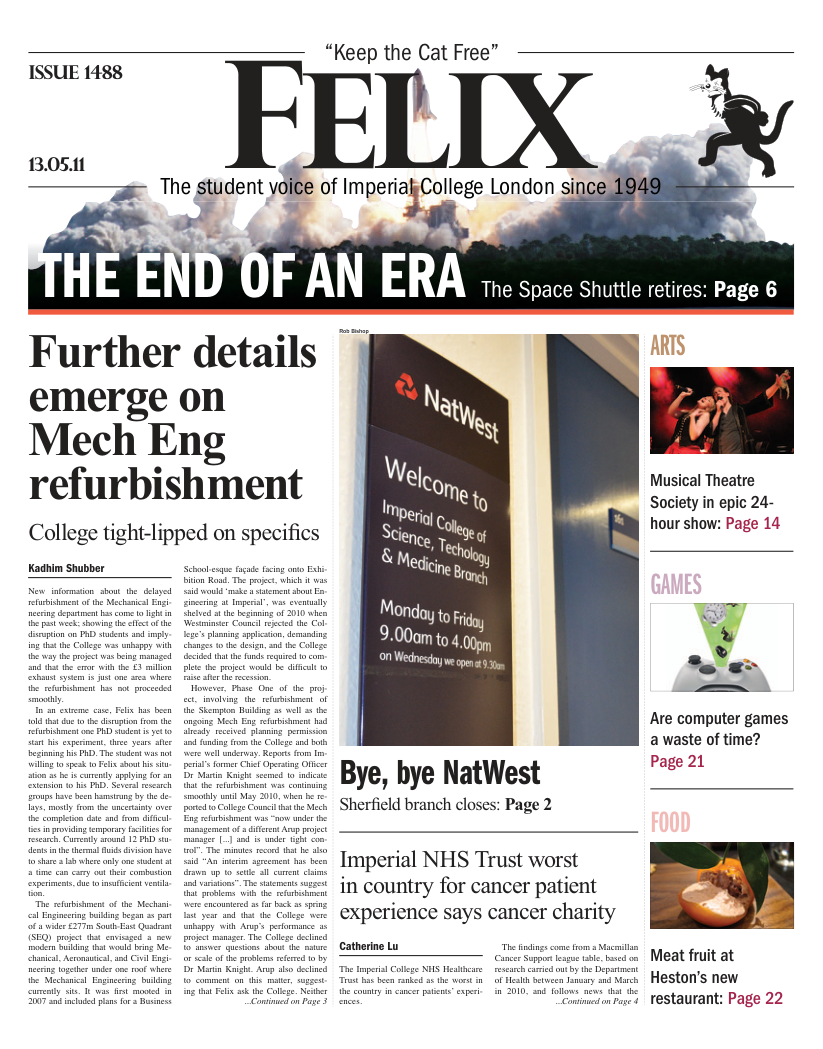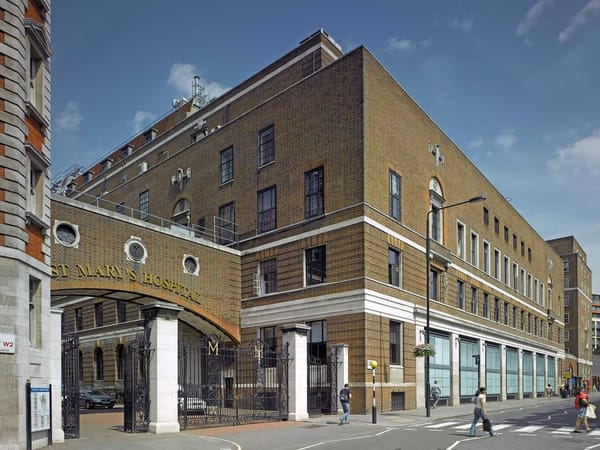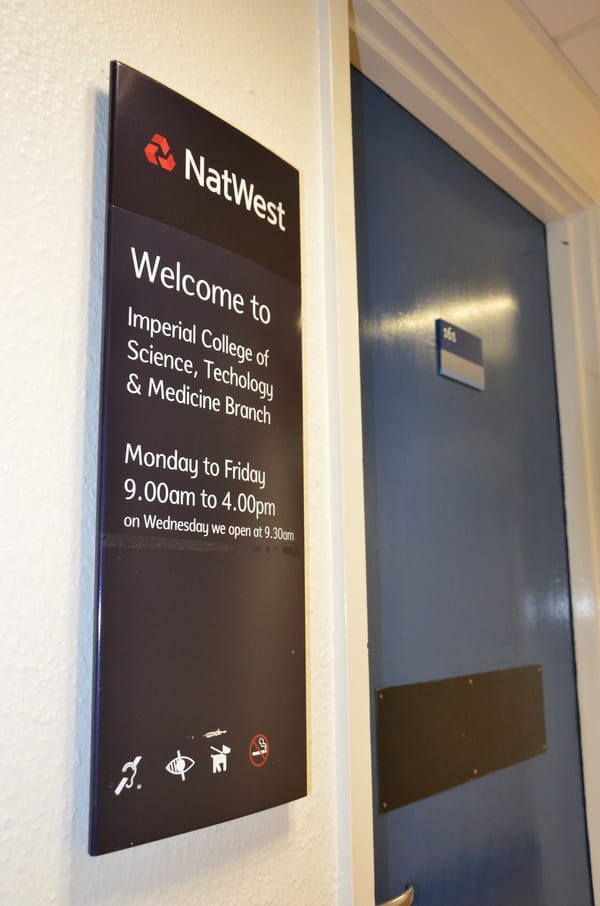Extra university places for rich students?
Universities minister David Willetts suggests that extra more expensive university places could be created outside of the loans system
The government is considering proposals to allow universities to offer extra places on their courses at market prices, outside the government loans system. Students entering university in this way could pay fees similar to that of overseas students without any public funding and they would also have to meet the entry requirements of the course.
The development came on Radio 4’s Today programme when universities minister David Willetts suggested that charities or businesses may wish to sponsor places for students. For example, the accountancy firm KPMG has unveiled a plan to pay fees for students at universities including Durham, in a training program leading to an honours degree in accounting. He also suggested that rich parents might be able to pay too.
The suggestion quickly drew condemnation as many accused him of allowing rich students to pay their way into university. Willetts insists that the government will only consider “allowing off-quota places where it contributes to the coalition commitment to improve social mobility and increase fair access” and stressed that “There is no question of wealthy students being able to buy a place at university”. However, his reassurances were not enough and the Prime Minister was forced to wade into the furore and repeat the universities minister’s statement, telling the BBC “There is no question of people being able to buy their way into university”.
This latest development in the student fees saga comes as the government tries to balance its books after three quarters of universities have decided to introduce the maximum £9000 fees. This means the government is now faced with paying out considerably more money in loans than they had budgeted for, with no return for a significant number of years. Les Ebdon, chair of the university thinktank Million+, said: “There is one very obvious pro, and that is, it’s a source of additional money at a time when the sector is being squeezed very hard.” NUS president Aaron Porter said the government was trying to “disguise the chaos it has created in university funding”.
The policy will now be modified and it will be interesting to see what version of the idea appears in the white paper on higher education, due to be published next month, setting out further details of the governments proposals.
In the mean time the government is launching an advertising campaign to convince students that even with higher fees they can still go to university. The aim is to “Make it clear to young students that no one pays upfront”. This campaign will be run through radio, press and social media.







